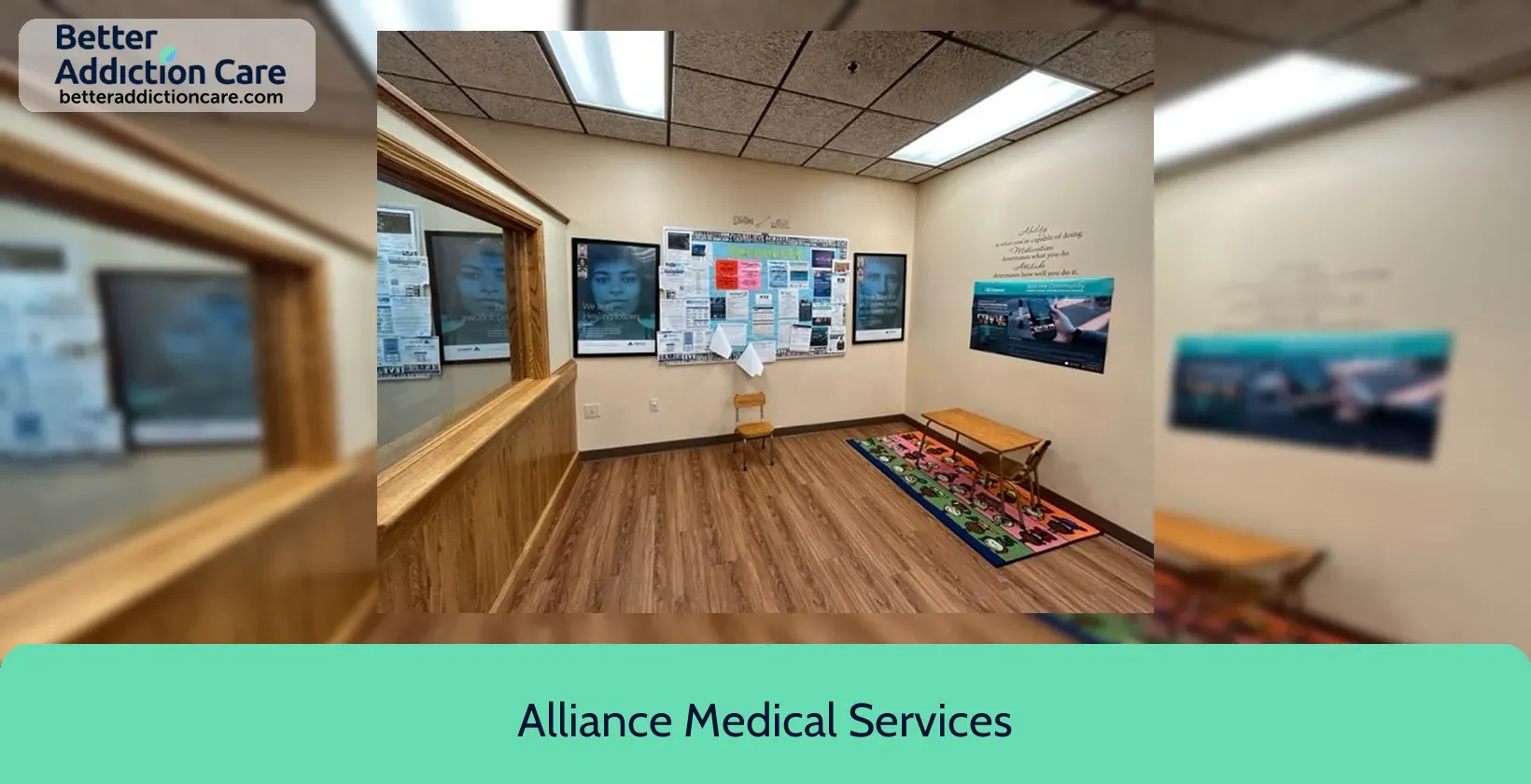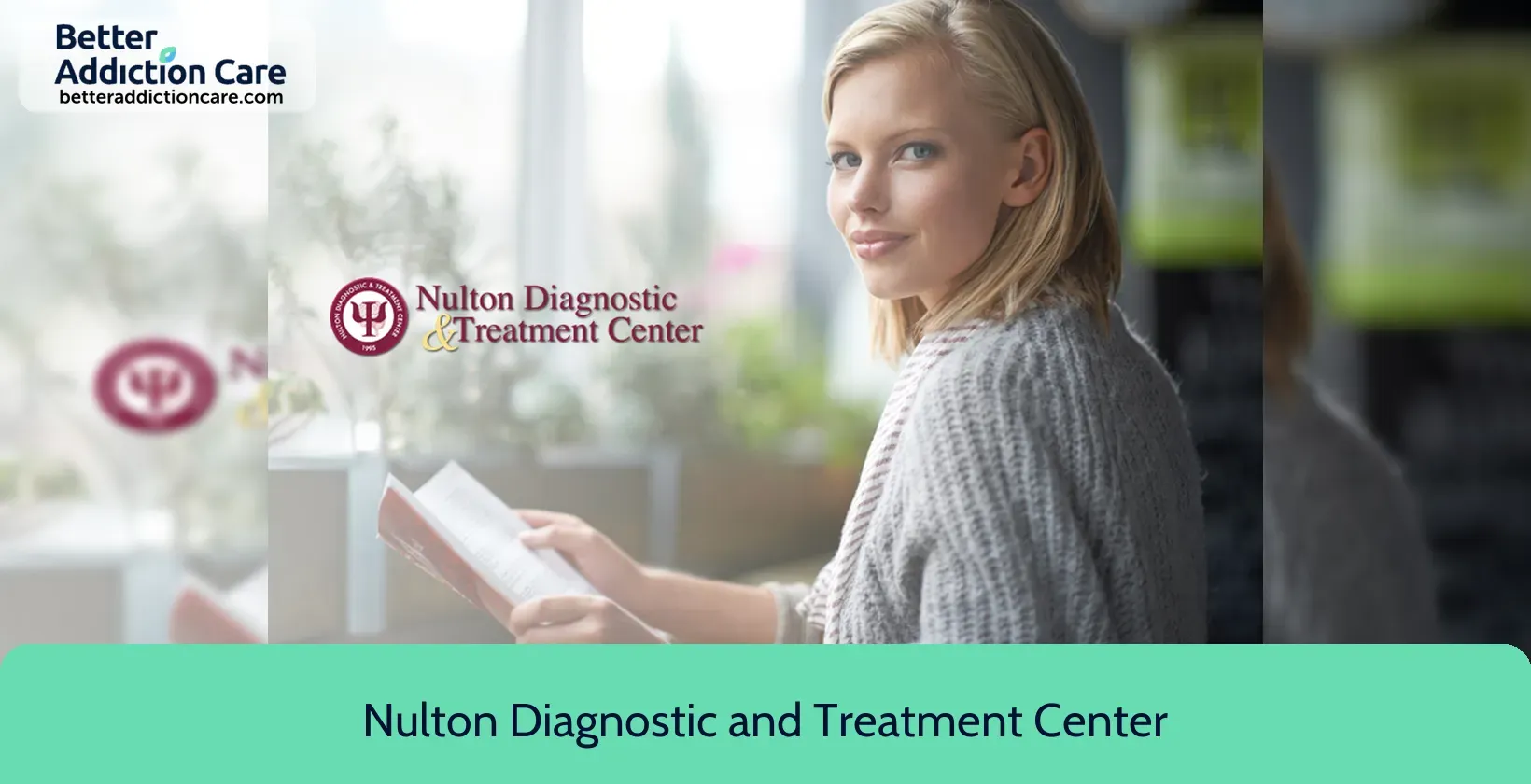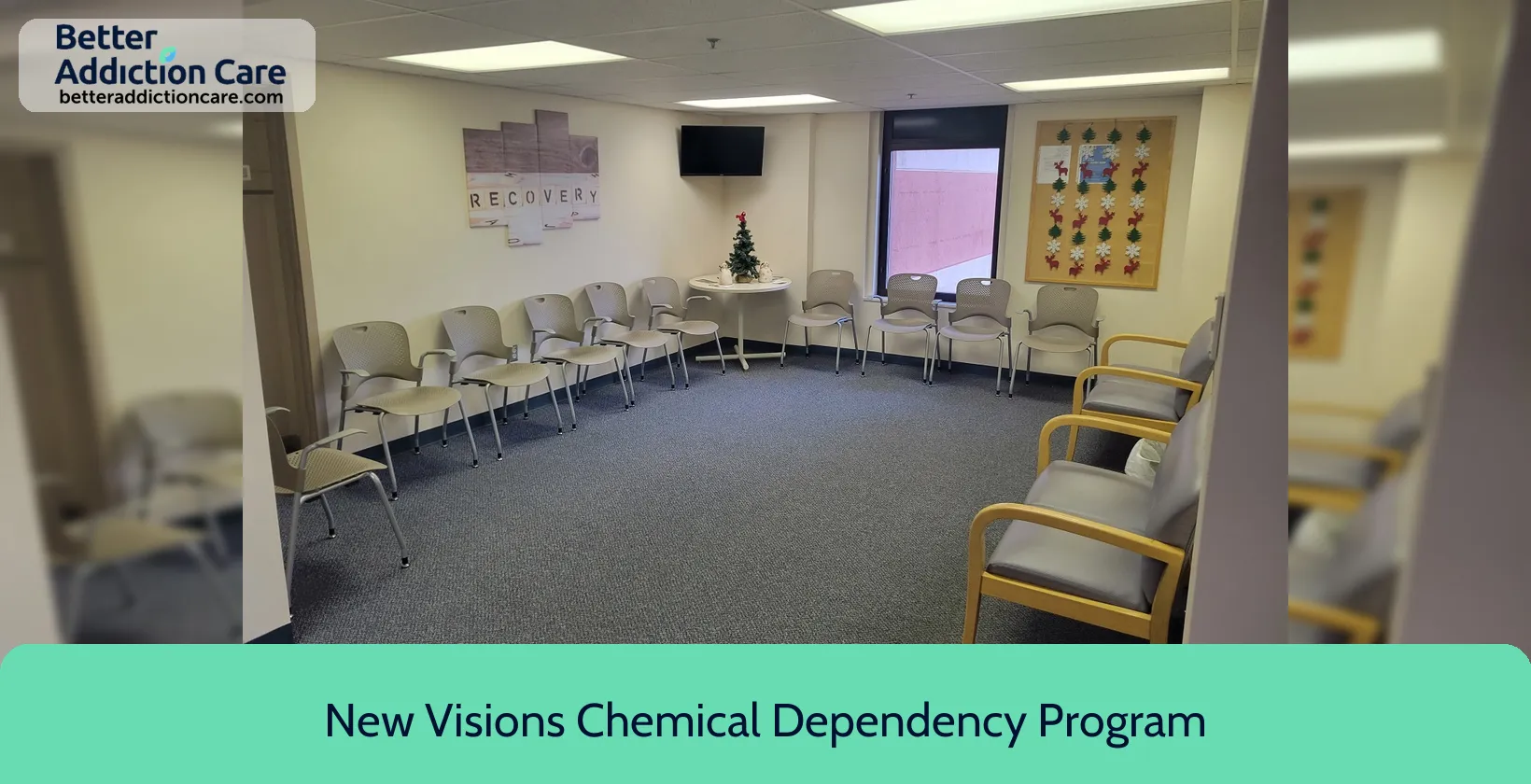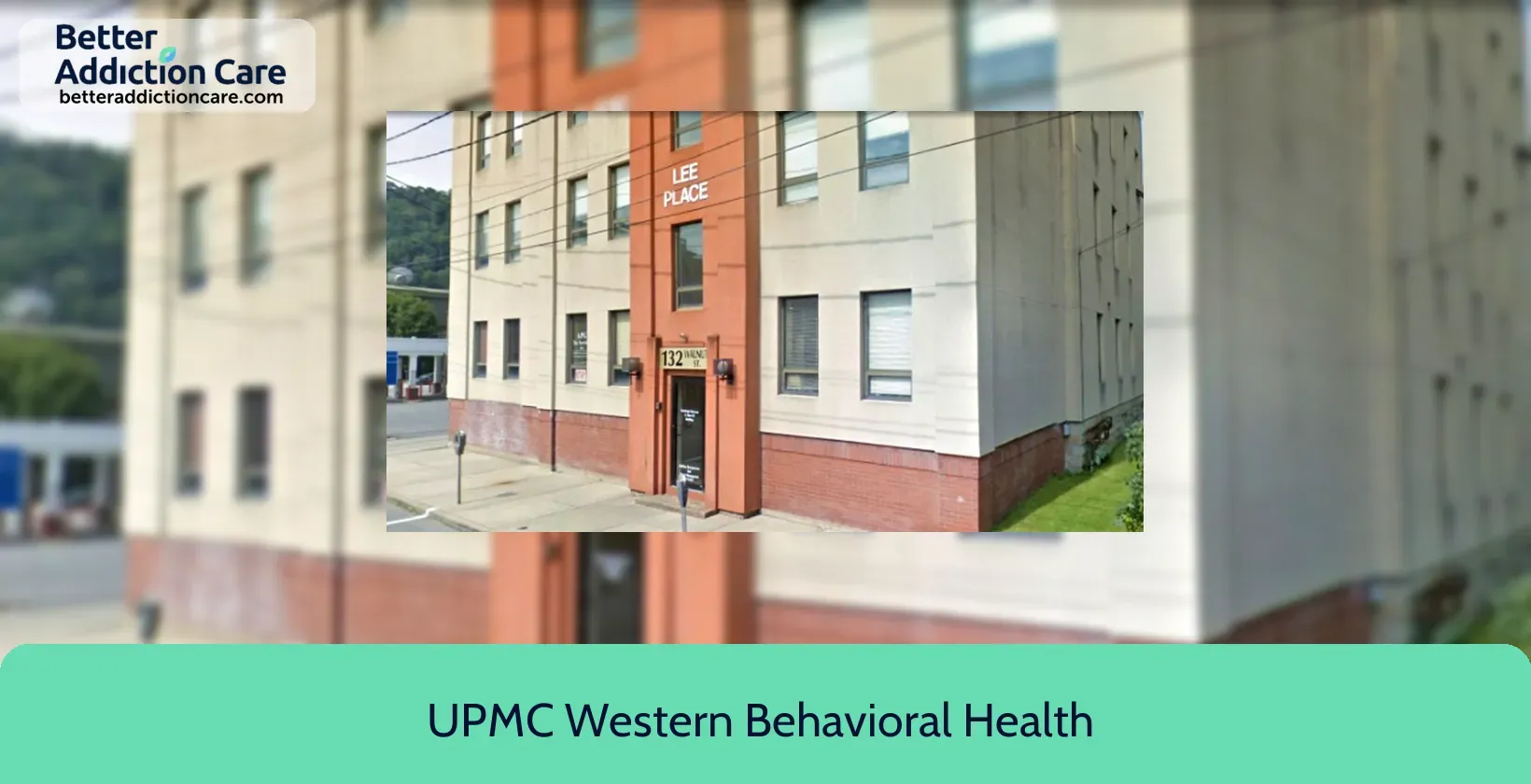Peniel Drug and Alcohol Treatment Center

Overview
Peniel Drug and Alcohol Treatment Center, in Johnstown, Pennsylvania, offers an intensive inpatient rehabilitation treatment for men and women aged 18 and up who deal with chronic substance usage. This faith-based program applies biblical ideas to its therapy strategy.
Peniel provides a 13-month residential treatment program separated into an intake period and four therapy periods, each lasting around three months. After finishing the program, individuals participate in a six-month aftercare component to help them continue their recovery. Peniel's treatment approaches include individual therapy, workshops, chapel services, and biblical therapy training. The method promotes good connection with God, oneself, and others as part of the healing process.
Peniel stands out for supporting client self-empowerment and encouraging people to accept personal responsibility for their lives after therapy. The Joint Commission has accredited the center, assuring that it satisfies high quality standards of treatment.
Peniel Drug and Alcohol Treatment Center at a Glance
Payment Options
- Cash or self-payment
- State-financed health insurance plan other than Medicaid
- Private health insurance
- Federal military insurance (e.g., TRICARE)
- Federal, or any government funding for substance use treatment programs
Assessments
- Comprehensive substance use assessment
- Screening for substance use
- Complete medical history/physical exam
Age Groups
- Young adults
- Adults
Ancillary Services
- Residential beds for client's children
- Social skills development
Highlights About Peniel Drug and Alcohol Treatment Center
6.93/10
With an overall rating of 6.93/10, this facility has following balanced range of services. Alcohol Rehabilitation: 8.00/10, Drug Rehab and Detox: 6.00/10, Insurance and Payments: 6.40/10, Treatment Options: 7.33/10.-
Alcohol Rehabilitation 8.00
-
Treatment Options 7.33
-
Insurance and Payments 6.40
-
Drug Rehab and Detox 6.00
Accreditations
State department of health:

Government agencies issue State Licenses, granting rehabilitation organizations permission to operate their businesses legally within specific geographic regions. The licenses needed for legal operation are typically determined by the type of rehabilitation program offered by a facility and its physical location.
The Joint Commission:

The Joint Commission accreditation for addiction and behavioral health signifies that a facility has met rigorous standards in patient care, treatment, and safety. This recognition assures patients and professionals of the facility's commitment to providing high-quality, evidence-based care in the fields of addiction and behavioral health, fostering trust and confidence in their services.
Treatment At Peniel Drug and Alcohol Treatment Center
Treatment Conditions
- Alcoholism
- Substance use treatment
Care Levels
- Hospital inpatient treatment
- Long-term residential
- Aftercare
Treatment Modalities
- Cognitive behavioral therapy
- Substance use disorder counseling
- Trauma-related counseling
- Treatment for gambling disorder
- Group counseling
Ancillary Services
Languages
- English
Additional Services
- Pharmacotherapies administered during treatment
- Discharge Planning
- Drug or alcohol urine screening
Special Programs
- Pregnant/postpartum women
- Clients who have experienced trauma
Get Help Now
Common Questions About Peniel Drug and Alcohol Treatment Center
Contact Information
Other Facilities in Johnstown

6.74

7.33

6.83

6.83

7.09
DISCLAIMER: The facility name, logo and brand are the property and registered trademarks of UPMC Western Behavioral Health - Twin Lakes, and are being used for identification and informational purposes only. Use of these names, logos and brands shall not imply endorsement. BetterAddictionCare.com is not affiliated with or sponsored by UPMC Western Behavioral Health - Twin Lakes.
